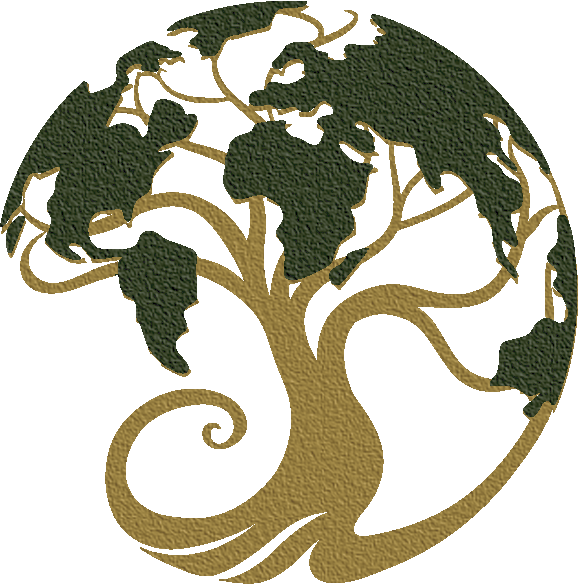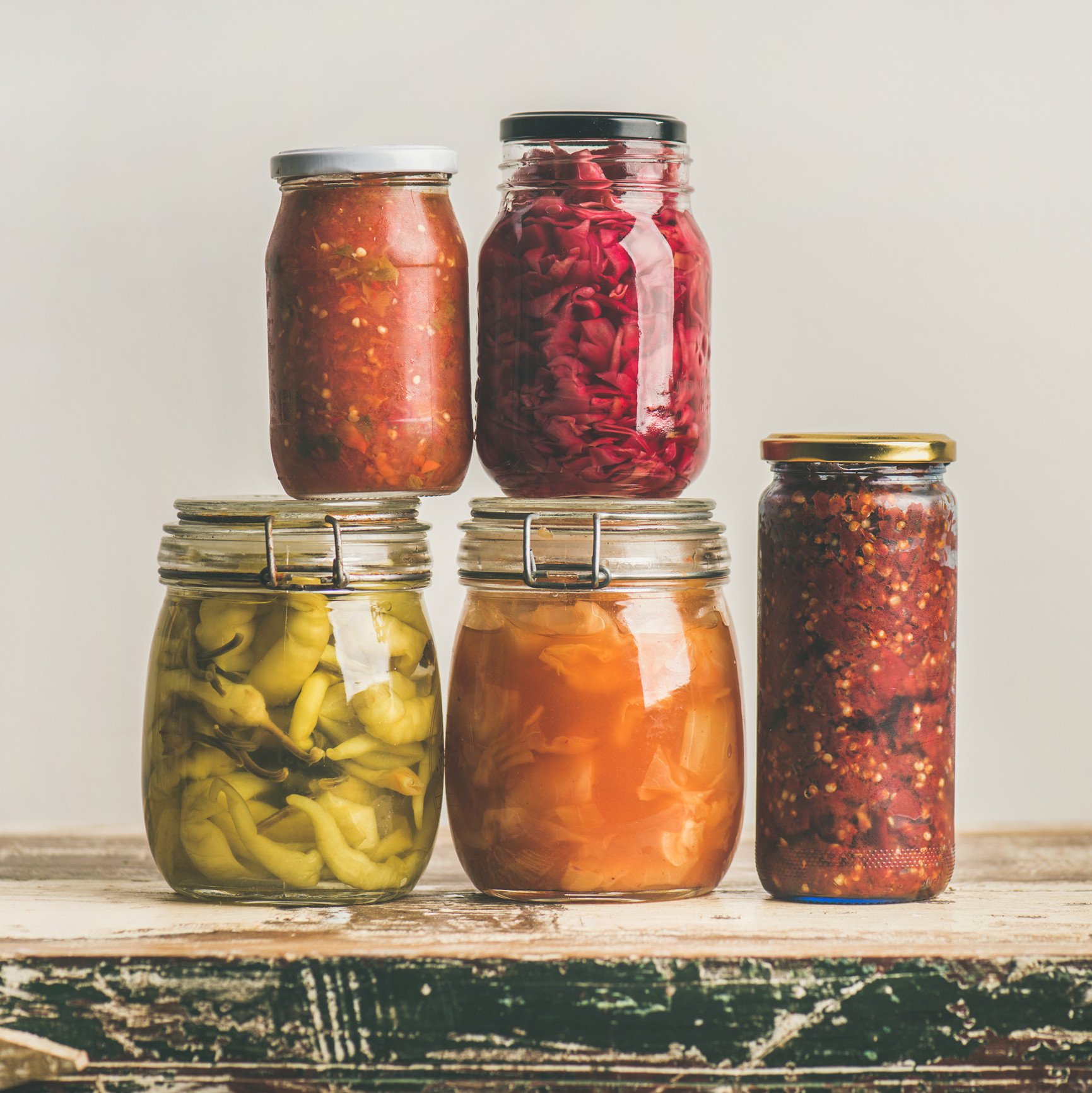Enroll Now
☆
Enroll Now ☆
Wildculturing: The Art of Crafting Live-Cultured Foods
(4-Week Online Series)
“Wildculturing works with increasing the fecundity and perennial abundance of the inner and outer terrain. Wildculturing is a toolbox packed with traditional techniques and practices from simple ways to increase the quality of microorganisms in an inner microbiome or a microclimate. It brings back wholeness of the combined genetic material of the microorganisms in a particular environment.”
Wildculturing is a process that starts with the wild and native edible plants found in fields and forests. These plants are brought into our kitchens to initiate the culturing process.
Aug 22 – Sept 12, 2024
If you want to learn about the wonders of the gut microbiome and its role in maintaining good health, come and join us. You will also learn about the ancient food-preserving process of bacterial fermentation, how it works, and why it is so essential for our health. During this series, you will have the opportunity to understand the benefits of gut health with wild edibles, spices and medicinal plants.
Fermentation not only makes food delicious but also enhances its nutritional value. Microscopic organisms play a crucial role in transforming food and extending its shelf life. Fermentation is a practice that is deeply ingrained in human cultures all around the world. Hundreds of medical and scientific studies support the traditional knowledge that fermented foods are beneficial for human health and help people stay healthy.
We will discuss some of your favourite foods and drinks, including fermented ones. Our focus will be on types of fermentation incorporating local wild weeds of the season.
Some of the possible topics to be discussed are:
Sprouted Grains Sour Dough Crackers
Seed and Nut Cheeses
Vegetable Ferments
Herbal Cider Vinegar
Lightly Cultured Herbal Teas
Wild Pickles
Sauerkraut Spicy Kimchi
Herbal Vinegar
Water Kefir
Wild Weed Ferments
Kombucha & Jun
Root Tonics: Cultured Roots of Wild Weeds
Rewilding your diet could be a key step to learning how to live more regeneratively in harmony with nature.
Curriculum
Week 1
Go Wild to Thrive
Why Local, Wild & Native Plants
Health Benefits of Wild Foods & Best Ways to Ingest Them
Understand the cautions involved in foraging food
Best Wild Foods for Nutritional Value
Week 2
Wild Foods vs Cultivated Foods
Nutritional Value of Edible Wild Foods
Wild Foods are more Nutritious than Domesticated Foods
Gifts of the Wild
Local Herbs for Immunity
Week 3
The Wild-biome Experiment
Ferments for Gut Health
Rewilding the Microbiome
Wild Foods Alterations to the Gut Microbiome
12 Essential Wild Plants for Vital Health
Week 4
Climate-Resilient Local-Native Edibles
How to Grow Gut Bugs
Rewilding Your Backyard
Rewild: Biodiversity is the Solution
Roles & Values of Wild Food Environments for Cultural Identity & Food Security
Includes
Seasonal Foraging Charts & Handouts
The Incredible Edibles manual
Wildculturing: The Art of Crafting Live-Cultured Foods e-Manual
Wild Edible Guide PDF
Engaging Practices
28-Day Transformation Process
Living the Essential Keys
Reflections & Insights
Interactive Format
Buddy Mate for Change
Key Lessons
Q & A
Recorded Sessions for Future Viewing
Dates:
Aug 15 – Sept 5, 2024,
Thursday Evenings,
7 – 9:30 pm.
Cost Sliding Scale
Regular - $175
Reduce - $150 for those who find the regular rate beyond their means
Sponsor - $200 to support those who need to choose the ‘Reduced Rate’
Plus HST tax
Pre-registration is essential for participation. Kindly register at least a week before the commencement date.
Please read our Commitment & Cancellation Policy.
Meet your instructor
Shantree Kacera
Shantree Kacera, R.H., D.N., Ph.D., an international author and teacher, co-directs The Living Centre Eco-Spiritual Education Sanctuary since 1983. With a doctorate in Nutritional Medicine and Herbalism, Shantree pioneers integrative approaches to Ayurvedic Medicine, Living Nutrition, and Herbalism.
A passionate curator, mentor, and Earth advocate, Shantree focuses on Shamanic Energetic Herbalism and Ayurvedic Living Nutrition. With over 45-years of teaching experience, he integrates herbalism, plant medicine, and forest gardening with scientific insights for a regenerative and evolved future.





